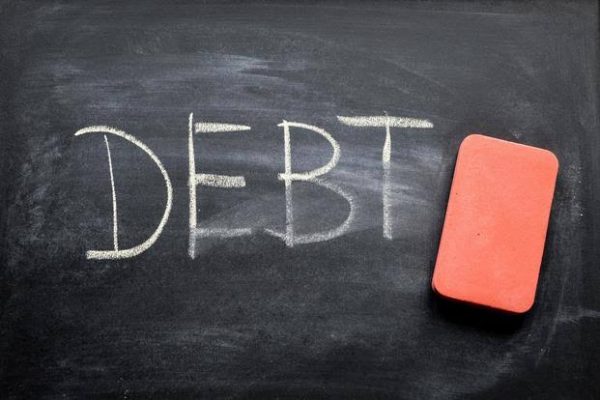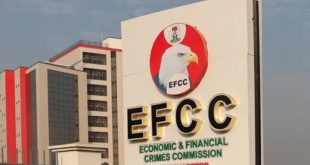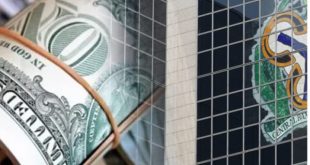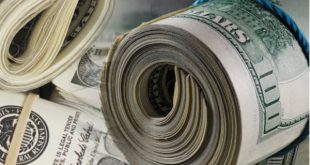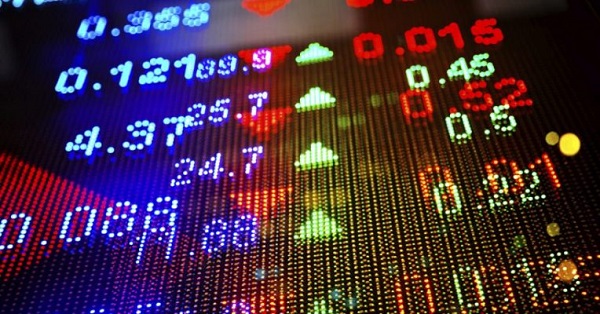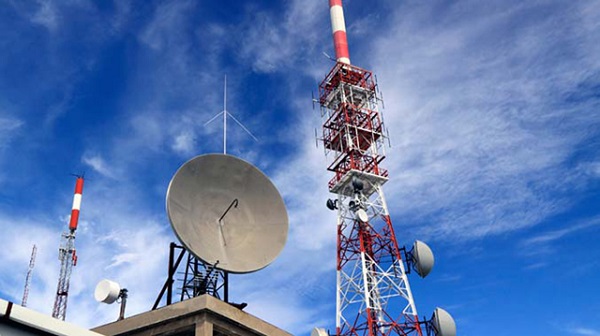
.Warns tax will slow broadband adoption as ecosystem adds $21b to economy
The Global System for Mobile telecommunications Services (GSMA) has expressed serious concern over the proposed nine per cent Communication Service Tax (CST) in Nigeria, currently under consideration by the National Assembly.
GSMA noted that following substantial research into the impact of taxation on mobile communication services, it believes such a tax poses a severe threat to Nigeria’s future economic growth.
The body, which represents the interest of over 800 operators and vendors across the globe, noted that imposing a new ‘sector-specific’ tax on communication services would result in increasing price levels for consumers, and as a result, decrease the adoption and usage of broadband services.

It stressed that this will in turn have adverse effects on the industry investment needed to improve and expand mobile connectivity across the country.
GSMA noted that the proposal departs from best-practice principles of taxation recommended by the International Monetary Fund and the World Bank. According to it, these institutions recommend that taxation should be as broad-based as possible (i.e., not sector-specific) and should not undermine investment.
Head of Sub-Saharan Africa, GSMA, Akinwale Goodluck, said the government’s long-term digital ambitions will be severely compromised if these tax proposals go ahead.
“The potential of mobile broadband is clear from the rapid development of the digital economy in Nigeria. The mobile ecosystem already contributes over $21 billion to the Nigerian economy and around 16 per cent of total government tax revenue. The focus should be on boosting mobile penetration, and investment in networks to strengthen the economy, rather than undermining this through potentially punitive taxes,” he stated.
GSMA explained that from the point view of the International Telecommunications Union (ITU), a 10 per cent increase in mobile penetration in a sample of African countries yields a 2.5 per cent increase in GDP per capita.
To support sustainable economic growth, it stressed that fiscal policy in Nigeria should promote the wider adoption of broadband services and not hamper their adoption, adding: “Such taxes could also end up having a disproportionate impact on poorer households.”
According to it, such tax will make affordability a barrier to adoption in the country.
GSMA noted that though Nigeria recently surpassed 100 million subscribers mark, “despite this fact, around half of the population remains unconnected. About one-third of the population in Nigeria use a mobile Internet service, and the same proportion have a smartphone. Based on this, Nigeria currently lags its regional peers in terms of mobile broadband adoption. Increasing adoption is crucial in a country where fixed-line penetration is at less than one per cent.”
Among the unconnected, affordability is cited as the main barrier stopping them from getting a connection. Based on GSMA analysis of the total cost of mobile ownership, a 1GB basket in Nigeria costs around seven per cent of average income in 2018. This is significantly above the United Nations Broadband Commission’s affordability target of 1GB of mobile broadband data available for two per cent or less of gross national income per capita.
GSMA explained that the affordability barrier is particularly evident for lower income citizens in Nigeria for whom access to a 1GB basket would cost around 24 per cent of income. The new tax, according to it, even if only partly reflected in prices, will exacerbate an already significant affordability barrier and hamper the uptake and usage of services, especially for lower income citizens.
“To support its digital agenda, the government should take steps to remove any barriers to affordability, increasing mobile penetration, and investment in Nigeria’s digital infrastructure. This will, over time, lead to much faster economic growth together with higher fiscal income for the government from a broader tax base,” Goodluck added.
 MMS PLUS NG – Maritime, Aviation, Business, Oil and Gas News Online Newspaper with coverage in Maritime, Oil and Gas, Aviation, Power and Energy as well as Financial News
MMS PLUS NG – Maritime, Aviation, Business, Oil and Gas News Online Newspaper with coverage in Maritime, Oil and Gas, Aviation, Power and Energy as well as Financial News




